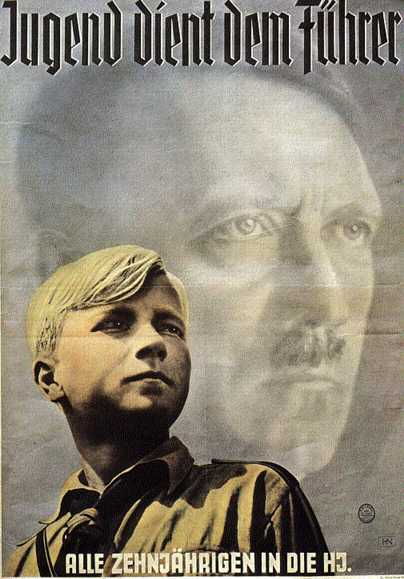
After World War II, America became a major superpower in the world. At that time, elections were held to decide on the leader. So how does this relate to Lord of The Flies?
After the boys have gathered upon hearing the sound of Ralph blowing the conch, the boys hold an election to decide on who should be chief and manage the boys. The boys were to vote for either Jack or Ralph. In the end, majority votes for Ralph. Despite Jack's loss in the election, Ralph still lets him lead the choir boys as hunters. In this scene, the boys are still trying to uphold moral diplomacy.
Moral Diplomacy is a form of diplomacy proposed by Woodrow Wilson in his 14 points. It is the system in which support is given only to countries whose moral beliefs are analogous to that of the nation.
From this incident, We can see that moral diplomacy is not natural in human nature. How does Golding prove this? Firstly, he used children for main characters. Children are innocent are at Nature's truest form. After each chapter, we start to see the boys walk down the path of chaos and destruction. Jack in particular hungers for more power and authority, showing that humans are naturally power hungry. In the end, majority of the boys followed Jack as they are afraid of what he would do to them.
Secondly, Golding created a scene where the boys were left on an island with neither adults nor social institutions. With every immoral act that the boys carry out, their morality disappears little by little until the point where Roger kills piggy by releasing a rock boulder. Things become more and more disorderly and eventually fall into chaos. Thus, they would rather follow Jack than Ralph who appears to have more power.
In a nutshell, It is evident that Golding does not have a bright perception of human nature, much less democracy. We can see how he shows that humans are power hungry and would succumb to fear. Is moral diplomacy really democratic? Who knows?
After the boys have gathered upon hearing the sound of Ralph blowing the conch, the boys hold an election to decide on who should be chief and manage the boys. The boys were to vote for either Jack or Ralph. In the end, majority votes for Ralph. Despite Jack's loss in the election, Ralph still lets him lead the choir boys as hunters. In this scene, the boys are still trying to uphold moral diplomacy.
Moral Diplomacy is a form of diplomacy proposed by Woodrow Wilson in his 14 points. It is the system in which support is given only to countries whose moral beliefs are analogous to that of the nation.
As the novel progresses, Jack and Ralph's priorities become different; Jack's priority is meat while Ralph's priority is to get rescued and survive. The boys start to drift apart. Eventually, most of the boys succumb to Jack's pressure. Majority voted for Ralph as chief, yet only Piggy, Simon, Sam and Eric stayed with Ralph. Wouldn't one find this rather odd?
From this incident, We can see that moral diplomacy is not natural in human nature. How does Golding prove this? Firstly, he used children for main characters. Children are innocent are at Nature's truest form. After each chapter, we start to see the boys walk down the path of chaos and destruction. Jack in particular hungers for more power and authority, showing that humans are naturally power hungry. In the end, majority of the boys followed Jack as they are afraid of what he would do to them.
Secondly, Golding created a scene where the boys were left on an island with neither adults nor social institutions. With every immoral act that the boys carry out, their morality disappears little by little until the point where Roger kills piggy by releasing a rock boulder. Things become more and more disorderly and eventually fall into chaos. Thus, they would rather follow Jack than Ralph who appears to have more power.
In a nutshell, It is evident that Golding does not have a bright perception of human nature, much less democracy. We can see how he shows that humans are power hungry and would succumb to fear. Is moral diplomacy really democratic? Who knows?
No comments:
Post a Comment